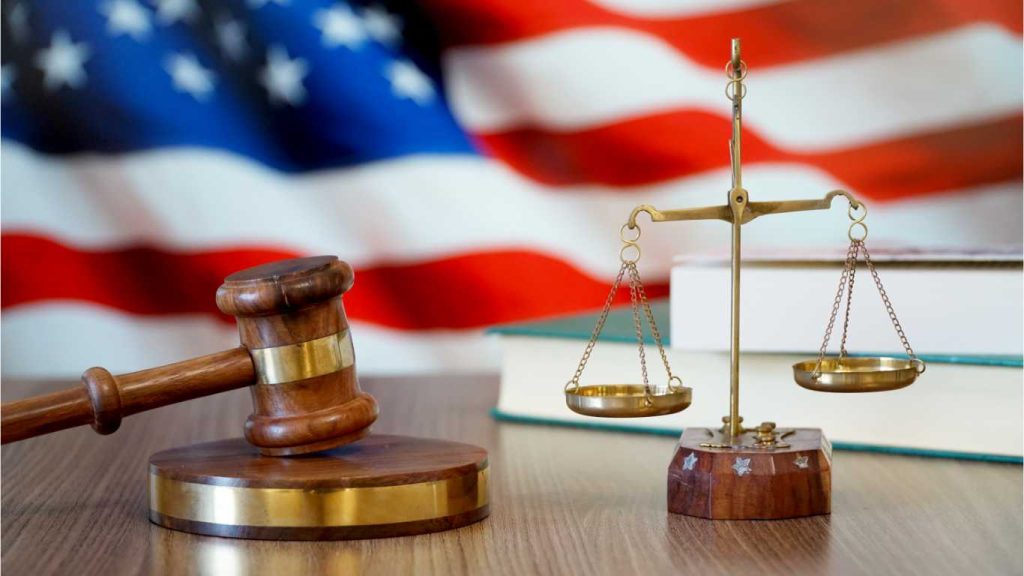Imagine you are going through a serious legal issue and now you hire a lawyer for the same for help. As you are preparing for the first attorney-client meeting, you will have various questions in mind. How much should I share with my lawyer? Should I keep some of the information to myself? Although attorney and client confidentiality is always there, still these kinds of questions can arise in your mind.
But you don’t have to think and worry about such kinds of things because there is a concept that deals with the same. This concept is known as lawyer-client privilege. If you are not aware of what attorney-client privilege is and how it works. Let’s explore more about it further in the blog.
What is the Attorney-Client Privilege?
In simple words, attorney-client privilege means any kind of information that you share with your attorney related to the case is confidential. Additionally, that information is also subjective to privilege. Attorney-client privileged communication can not be disclosed or shared with third-party. Lawyer-client confidentiality is powerful and crucial for both the parties. Your attorney can’t voluntarily testify or compel to testify about your communication that lies in the context of the attorney-client relationship. Attorney-client communication privilege always remains, even if the case ends.
When Does the Attorney-Client Privilege Apply?

Lawyer-client privilege applies when the existing client or prospect client speaks with the attorney for legal advice. When existing and prospective clients share any sensitive information that is related to the case, lawyers are liable for attorney-client privilege. Also, the client has to communicate about the confidentiality of the information shared with the attorney. It is important to maintain attorney-client confidentiality.
Here is the four-factor test that implies whether the attorney-client privilege applies or not:
- The person claiming the privilege should be an actual client. This means other individuals and third parties can not claim the privilege.
- The attorney-client privilege applies when communication takes place where the attorney is acting as an attorney. Not in a party or event where you are casually asking for legal advice.
- The communication between the client and attorney should be in confidence to secure legal services or an opinion. The privilege doesn’t apply when you share your plans of committing fraud casually at an outing or party.
- The client should invoke the privilege.
When the Attorney-Client Privilege Doesn’t Apply?
Although attorney-client privilege is a powerful consent and has a broad scope, even so, it is not absolute. According to the American Bar Association Model Rules of Professional Conduct, lawyers can share confidential and privileged communication if required to represent the client in courtroom proceedings.
lawyers can share confidential and privileged communication if required to represent the client in courtroom proceedings.
Attorneys can share this information and documents containing confidential information with their support staff of junior lawyers working in the same case. Not just document filing can also consist of information that is obtained from the client. But the legal staff is also bound to the attorney-client contract for privilege and confidentiality. They can not share the information with anyone. Support staff and junior lawyers can’t violate the privilege.
According to the ethics rules of the American Bar of Association, lawyers can share communication in certain situations such as:

To prevent death or substantial bodily harm: For example, the client is taking advice from the lawyer related to the will, and over the phone call; the client says he/she is on their way to kill parents for the will. Here, an attorney can reveal the information.
Determine whether there is a conflict of interest with other clients: The Attorney can share certain information to determine a conflict of interest, especially in case of merger and acquisition.
Expose lies, in certain locations: There are certain state bars of associations that require attorney’s sharing the information that their client has communicated in case of lies and perjury.
What Does the Attorney-Client Privilege Protect?
Lawyers owe their existing and potential clients confidentiality. It’s their duty to protect the information that their clients are sharing with them. The confidentiality and privilege will ensure that the communication between attorney-client remains protected. This will help in truthful communication and trust building. Any prospective client or existing client can discuss all kinds of information without thinking about where it might end up.

In most cases, the client holds the privilege. Only the client can waive it, attorneys don’t have that right. The attorney-client privilege begins with the initial consultation between the client and the attorney and lasts till the termination of the case. Not just that in some cases this can last till death.
The Bottom Line
The attorney-client agreement or privilege is important for both parties. It ensures the confidentiality of information that the client is sharing with the attorney. In all cases, the attorney is required to maintain confidentiality. As mentioned above, an attorney can avoid attorney-client privilege. Above in the blog, we have mentioned all the necessary factors that you need to know about the lawyer-client relationship.

